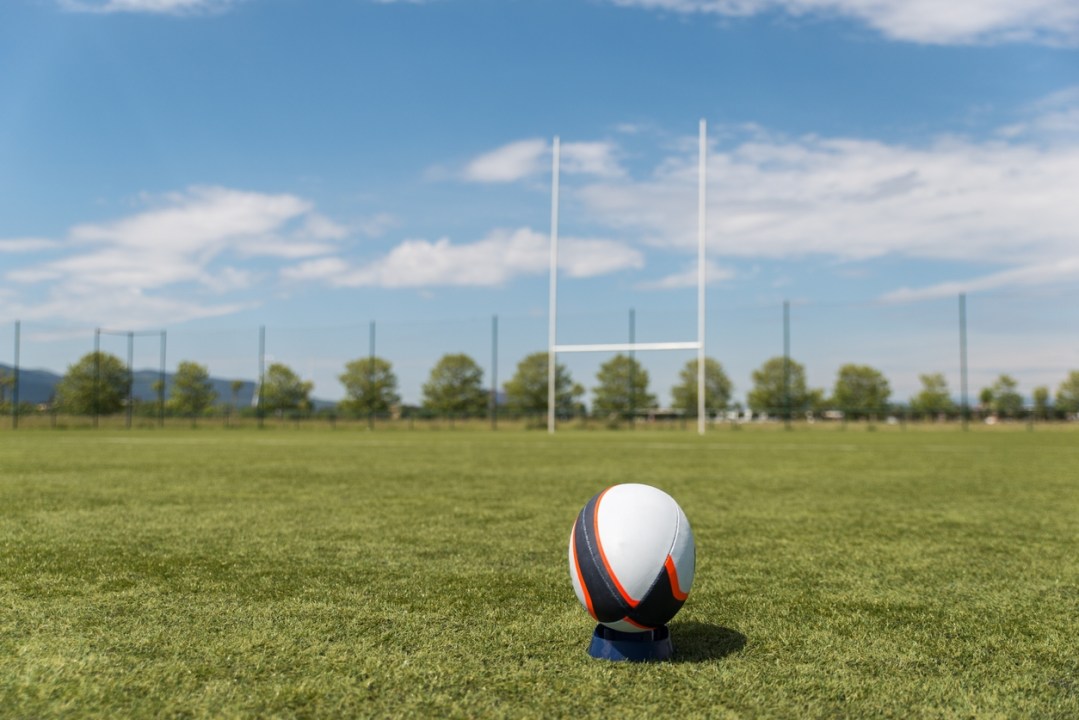Friday’s announcement that biological males should not play women’s rugby may be sound like common sense, but it has already provoked a furore. The new guidelines published by World Rugby, organisers of the Rugby World Cup, apply to the elite and international levels of the game. In their statement they explained,
‘As with many other sports, the physiological differences between males and females necessitate dedicated men’s and women’s contact rugby categories for safety and performance reasons. Given the best available evidence for the effects of testosterone reduction on these physical attributes for transgender women, it was concluded that safety and fairness cannot presently be assured for women competing against trans women in contact rugby.’
That is hardly a surprising conclusion. Over a year ago, for example, transgender woman Kelly Morgan was folding opponents ‘like a deckchair’ while playing for Porth Harlequins Ladies team in South Wales.
But in these strange times, when so many no longer seem to know the difference between men and women, World Rugby called in the experts to a ‘ground-breaking’ workshop to understand the medical, physiological, psychological, risk, socio-ethical and sporting environment.
The workshop was opened by Dr Emma Hilton, a developmental biologist at Manchester University. Hilton told me that ‘World Rugby had committed to a process that the International Olympic Committee should have done 15 years ago’ and commended World Rugby for ‘drilling into the science.’
The findings of the workshop were inescapable. Males have more muscles, longer bones, less fat, stiffer tendons, larger hearts and bigger lungs. These biological differences were ‘only slightly reduced’ by testosterone suppression and biological males retained ‘significant advantages’.
Unfortunately, not everyone was impressed by the science. Nancy Kelley, chief executive, of Stonewall UK, has said her organisation is ‘deeply disappointed by World Rugby’s decision to move ahead with their proposal to stop most trans women from playing in competitions they govern.’
Kelley was dismissive of the scientific evidence cited by World Rugby and asserted that, ‘Important policies like this should be based on robust, relevant evidence and work closely with trans people playing in the sport.’
I spoke to Miranda Yardley, a transsexual human rights activist who has been training with Kings Cross Steelers, ‘London’s most inclusive rugby club’. Despite the restrictions and limitations imposed in response to Covid-19, Yardley was training with men, ‘I asked if I could play as a transsexual, and they said “Why not?”; the guys in the team see nothing remarkable and we have a great time. The Steelers have been as inclusive and tolerant as they claim to be. They should be applauded. Trans women can play with men to no detriment.’
Yardley also believes that to accommodate trans women in sport, ‘men’s teams need to make to space for and accommodate us and practise the inclusivity and acceptance of diversity they all so eagerly claim, usually before they throw us out of the man box and make us women’s problem.’
Perhaps Stonewall might listen to trans people like Yardley who, rather than moan about a problem, found a solution? But solutions like this are not on Stonewall’s radar.
In Stonewall’s statement, Kelley went on to say: ‘These rugby authorities understand that inclusion should be at the heart of the sport they love, and inclusion is vital to sustain rugby. Younger generations want to take part in sports where everyone is welcome. They have a choice.’
Stonewall are right to say that everyone should be welcome when it comes to sport, but everyone also needs to be safe. Under these new guidelines, transgender women can play mixed-gender non-contact rugby. Meanwhile, World Rugby is currently exploring the possibility of an ‘open category’ in which anyone can play, regardless of gender – surely the most inclusive category of all?
Whether that satisfies the transgender lobby remains to be seen. Their campaigning seems to prioritise affirmation and validation above everything else.
But what really matters – certainly to me, living as a trans woman in society – is trust and confidence. To rebuild that trust we need to respect women and their sex-based rights.








Comments